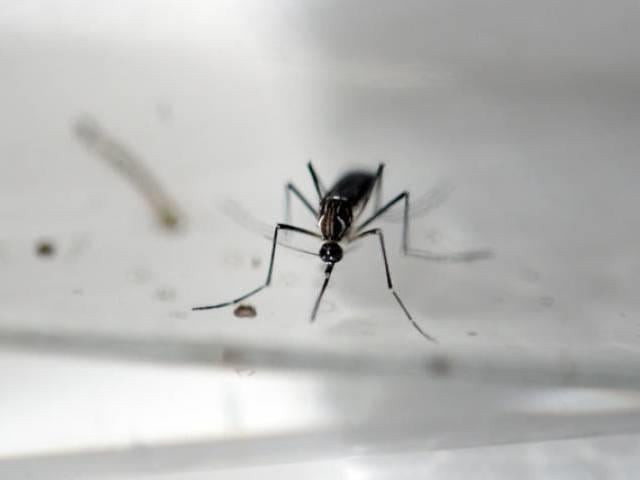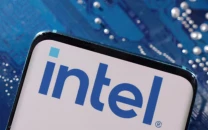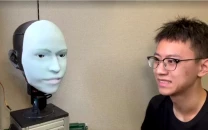Startup gets S$500K to develop kit to diagnose Zika in just 30 minutes
It is currently at the prototype stage, and Phoenix Molecular owns intellectual property in sample preparation

Outbreaks of Zika have been reported in tropical Africa, Southeast Asia, the Pacific Island and most recently, the Americas PHOTO: AFP
The product gives immediate diagnostic information from a blood or urine sample that is inserted in a disposable cartridge. The reader detects the pathogen and shows the diagnostic result automatically, allowing for diagnosis in the general practitioner’s office. At the moment, viruses are diagnosed at laboratories in hospitals, with a turnaround time of one to two days. The need to shorten the time taken to diagnose viruses is even more pressing now with the recent Zika outbreak.
Zika virus mosquitoes found in Pakistan: GOARN
Need to shorten time taken to diagnose viruses Leslie Loh, Managing Director of Red Dot Ventures, a seed-stage venture capital firm, said that as medical outbreaks quickly escalate to pandemics, shortening the time required to diagnose viruses has become a global objective.
“We invested in Phoenix Molecular because we believe their vision addresses a significant gap and the technology will curb the growth rate of fast-spreading diseases,” he said. Since 2000, Asia has seen outbreaks of Avian Influenza, SARS, MERS, and Zika.
The recent investment was made by Red Dot Ventures, under the National Research Foundation’s (NRF) Technology Incubation Scheme (TIS).
The Phoenix Molecular device
Compared to BioFire FilmArray, another molecular diagnostic device, the Phoenix Molecular device has fewer components, so it is less likely to face problems in compliance checks, and there is a lower cost to make sure it works, said Chung-Pei Ou, Chief Technology Officer at Phoenix Molecular. It is currently at the prototype stage. The product is based on solvent-free nucleic acid extraction technology, which the company plans to commercialise from the end of this year to the first quarter of next year.
It is currently at the prototype stage, and Phoenix Molecular owns intellectual property in sample preparation, processing and detection. The company was founded last year and has two employees. Ou said the startup is developing two designs – a portable reader around the size of a hand, and a bigger version for use in clinics, around half the size of a toaster.
Advancement on current technology in the market
Disposable molecular diagnostic devices are not new, but have been in demand for some time. Such devices in the market now are neither good enough nor cost effective, said Ou.
“I hope we can be a successful example to encourage investors to be interested in biotech.”
Dr Eric Yap Peng Huat from the Lee Kong Chian School of Medicine, thinks the Phoenix Molecular product would be quite unique in its class of point-of-care (outside of laboratory) diagnostic tests.
‘Dengue mosquito’s presence can lead to Zika virus outbreak’
“Being able to diagnose viral diseases quickly would greatly help reduce unnecessary antibiotic prescription and therefore help prevent antibiotic resistance in bacteria from arising,” said the Associate Professor of Human and Microbial Genetics.
“Such early diagnosis would also help in treating the patient with antiviral drugs, or managing the patient to detect and prevent complications of viral illness.”
This article originally appeared on Tech in Asia.



















COMMENTS
Comments are moderated and generally will be posted if they are on-topic and not abusive.
For more information, please see our Comments FAQ